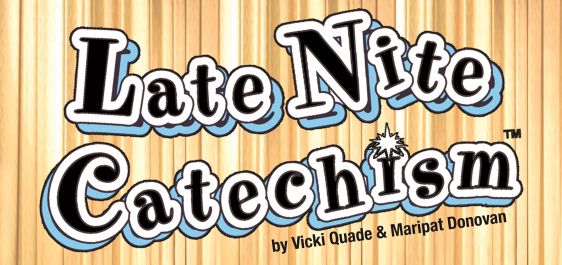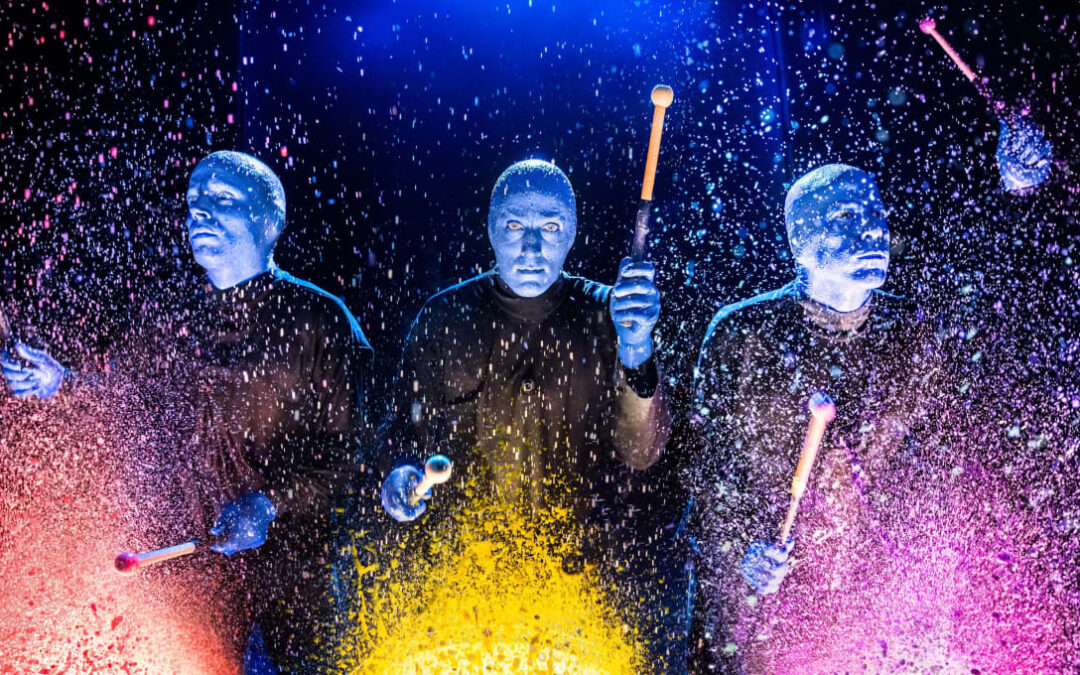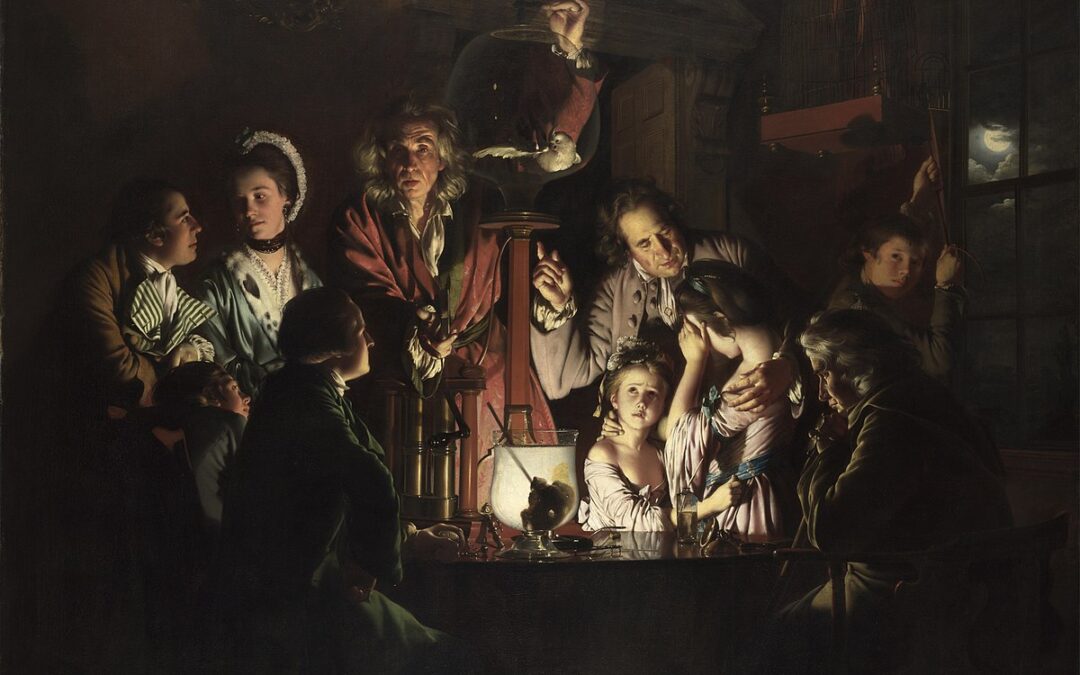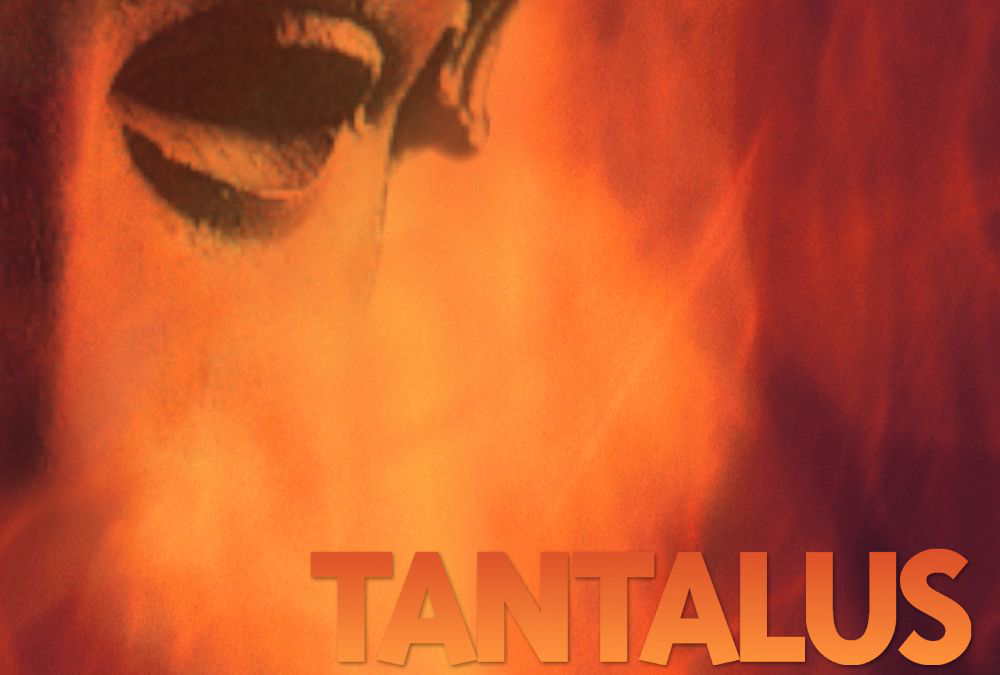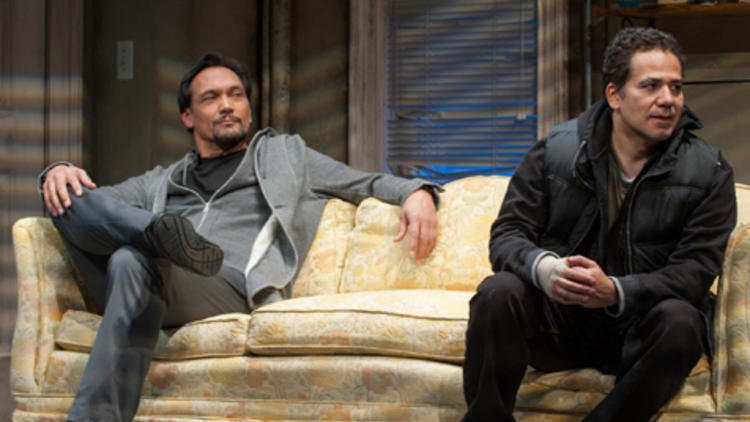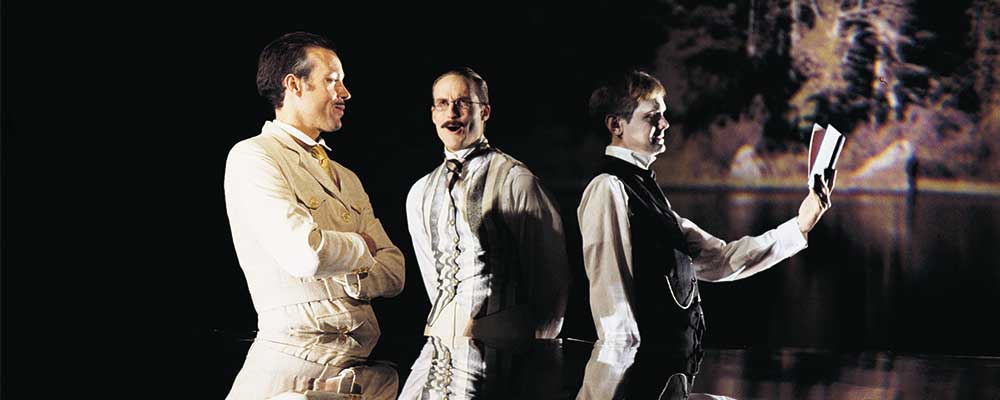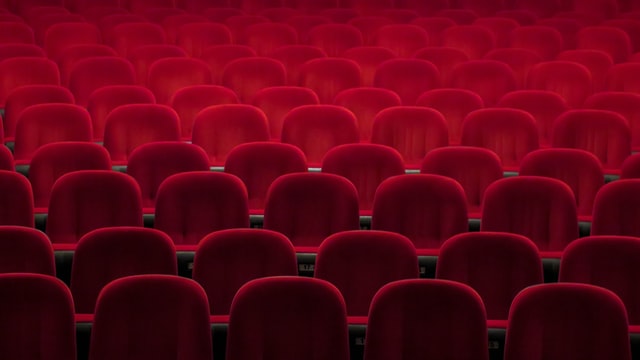THE LAST NIGHT OF BALLYHOO
by Alfred Uhry
Directed by Bob E. Gasper
Mercury Theatre
2745 N. Southport / (773) 325-1100
Reviewed by J.T. Bowen
Originally published in CENTERSTAGE.NET www.centerstage.net
Alfred Uhry writes what he knows. He knows Atlanta, and specifically, Jews in Atlanta. This play, along with his other recent works, Driving Miss Daisy and the book for the musical Parade, about the controversial Leo Frank case, all give real-life portraits of the human condition in a specific setting. His work lets us know that we’re really all no different from each other after all.
Michael Cullen, the owner of the Mercury Theatre (as well as the two restaurants that surround it), has made a very good move in putting The Last Night of Ballyhoo in his theatre for an open run. Cullen needs to be applauded for being a business owner that still cares about producing good quality theatre.
The Last Night of Ballyhoo, which won the 1997 Best Play Tony award, refers to an annual social event in Atlanta Jewish society. The coming of Ballyhoo is eagerly anticipated by many, and attendance at this prestigious event is vitally important to insure social survival. It is 1939, the day of the “Gone With the Wind” premiere. Lala Levy (Samantha Albert) is more excited than anyone should be. Her mother Boo Levy (Carmen Roman) does not understand what all of the fuss is about. Lala and Boo live on Haversham Road with Boo’s brother-in-law Adolph Freitag (Joel Hatch), and his sister Reba (Barbara E. Robertson). Both Boo and Reba are widowed. Reba’s daughter Sunny (Laura Lamson), is away at Wellesley, and is soon on her way home for the Christmas vacation. When Boo meets Joe Farkas (Eli Goodman–George Elias in the performance I attended), a New York Jew who is working for Adolph, she takes an immediate dislike to him. She says she is offended by his manner, but more likely by the fact that he does not fancy her daughter Lala, who is desperate for an invitation to Ballyhoo.
Director Bob E. Gasper‘s production doesn’t miss a beat. He is able to find all the different tempo changes in the play, and constantly keep the pace moving. The production values are excellent. Rob Odorisio‘s scenic design transforms the small stage of the Mercury into a beautifully detailed Southern home, and is complemented perfectly by Jeff Croiter‘s brilliant lighting design. The incidental music, by Robert Waldmanand Virgil Charles Johnson‘s costumes are just perfect.
The performances are uniformly excellent, particularly Barbara E. Robertson as a delightfully confused Reba, Joel Hatch, whose Adolph is funny and poignant, and Carmen Roman, whose Boo constantly shows her bitterness at marrying a man no one respected.
This production of The Last Night of Ballyhoo is the best you are likely to see. See it if you can.



